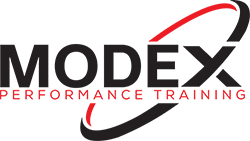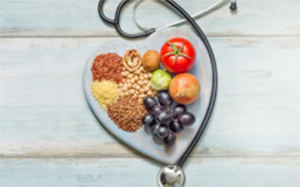By now, you’re very familiar with the daily COVID-prevention checklist: Wash your hands, don’t touch your face, wear your mask in public, and socially distance from others. And repeat. Each of these precautions aligns with guidelines the Centers for Disease Control and Prevention (CDC) released early on in the COVID-19 pandemic, to help mitigate viral transmission.
What the CDC (or any of the powers that be, for that matter) doesn’t address quite so clearly—much to many experts’ dismay—is the fact that nutrition is also a non-negotiable in the fight against COVID-19.
As for the CDC guidelines, there is a mention tucked into their “Food and Coronavirus” guidelines, where they advise: Reduce pandemic-related stress through good nutrition; incorporate vitamins C and D, plus zinc, into your diet for possible immune system support; read labels on any canned foods you buy, and seek out the healthiest options; and prioritize fruits, vegetables, lean protein, and whole grains.
But, unfortunately, there’s not a single mention of nutrition as a preventive measure. This is a huge miss.
Why nutrition needs to be a priority, not an afterthought.
“The greatest single influence of whether you develop a bad chronic disease or die prematurely is your diet quality,” says Dr. David Katz. “Diet is constantly, universally important. Literature showing that it is the single leading predictor of all-cause mortality is incontrovertible.”
So, why exactly don’t we hear more about diet in relation to disease prevention? To start, other factors that affect health and mortality are often much more straightforward. For example: You’re either a smoker or a nonsmoker; you either do physical activity or you don’t; your blood pressure is either high or normal. “But diet is an infinite array of intermingled variables,” says Katz. “There are many ways to get it right. There are many more ways to get it wrong.”
Why focusing on diet amid COVID-19 is both a necessity and an opportunity.
It’s no secret that individuals with underlying health conditions like heart disease, asthma, diabetes, and chronic lung disease are at a higher risk of adverse COVID outcomes. “To ignore that is absurd, and to ignore that diet is the greatest single driver of all of that is also absurd,” says Katz.
For that reason, Katz sees the current COVID-19 climate not only as a reason to prioritize diet more than ever but also an ideal time for people to make lasting change.
“It’s a massive opportunity to address the acute and the chronic,” he says. “We should have done it anyway, but that’s the problem with diet—it’s a slow-motion threat; it doesn’t trigger our anxiety. COVID does, so I say, let’s catch the wave.”
So, what can you do…today?
“There’s never been a better time to have the ‘let’s get healthy” conversation, says Katz. That’s because, even small, conscious changes can affect your health and immunity.
As for a healthy diet, Katz believes there’s a basic theme to eating optimally, but there isn’t a narrow prescription every person needs to adopt. To get you started on your own path, he shares a few tips for taking positive, dietary steps forward—and they’re backed by other experts in the field, too:
1. Start with one healthy meal…but know the benefits get better over time.
“You can alter your immune response with a single meal,” Katz says, “the magnitude of benefit will accrue over time, you certainly won’t get the full measure from one good meal, but you can start the party.”
2. Opt for wholesome, natural foods.
“Essentially the closer you get to foods that come directly from nature, the better,” says Katz. “So you want to avoid ultra-processed stuff and eat as much real, minimally or unprocessed foods as possible.” Simple steps in the right direction might mean sipping water instead of soda or choosing whole grains instead of refined ones. “And if the ingredient list runs off the box, it’s probably a bad idea.”
And when it comes to choosing those foods…amid a pandemic, experts and the CDC agree that foods rich in vitamin C, vitamin D, and zinc may be particularly beneficial. “There’s no disagreement between scientists and doctors that vitamin C and vitamin D are important to support the immune system.
Supplements are also an option, but Katz points out these should be used as “supplemental to, not substitutes for a high-quality diet.”
3. Swap in plants when you can.
“Since our diets tend to be heavy on animal foods, and most people consume too few fruits and vegetables, the more you can shift to plant foods the better,” says Katz. That includes an array of fruits, veggies, whole grains, beans, lentils, nuts, and seeds. “Basically, any time you can eat a plant instead of an animal, do.”
Of course, there are other measures you can take—but a healthy diet doesn’t need to be overly complex, by any means. As Katz puts it, “It’s just that simple; it’s just that powerful. It’s actionable, it’s immediate, and there’s never been a better time.”








